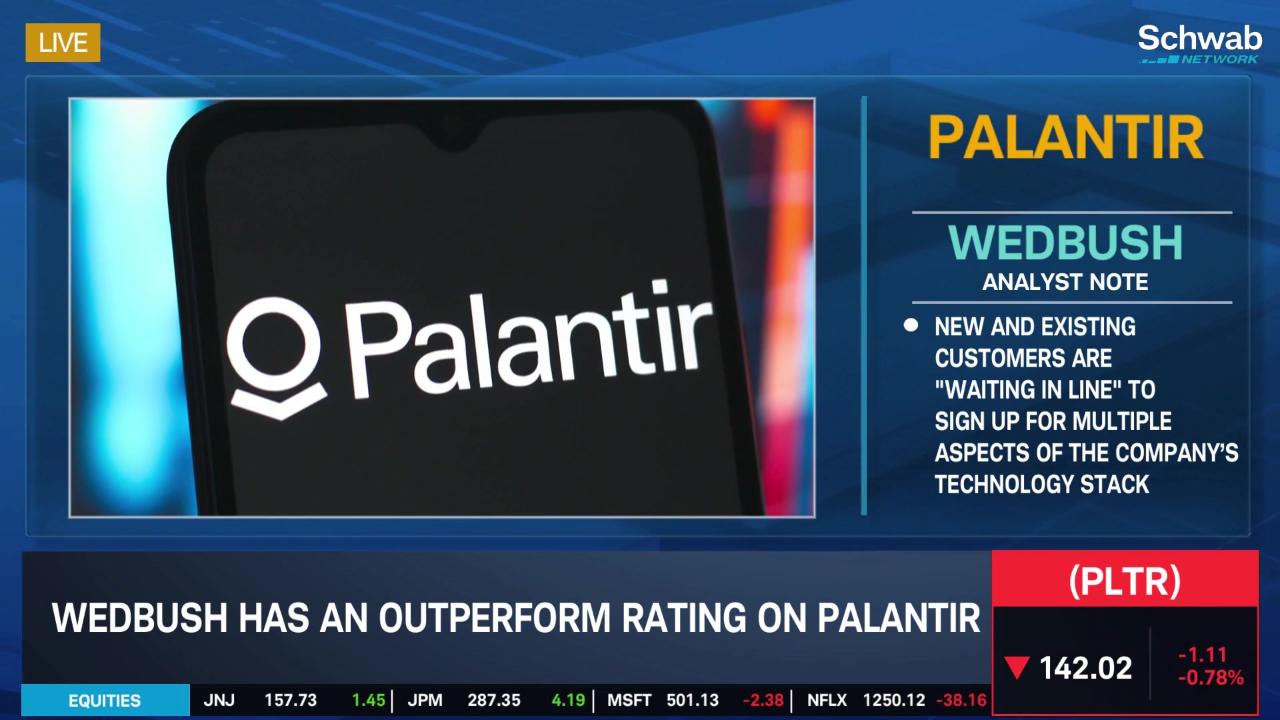- Market Minute
- Posts
- Stock Rally – Volatility Coming?!
Stock Rally – Volatility Coming?!

The S&P 500 settled at a record high on Thursday but is reversing lower in today’s premarket. The moves come after President Donald Trump stated that there will be a tariff of 35% on Canadian products sent into the United States, separate from all sectoral tariffs. Trump also stated that he may raise the universal tariff rate to 15% from the baseline 10% that markets were expecting. This has equities pulling back today but investors have routinely been ignoring the recent ramp up in tariff rhetoric.
The lack of uncertainty for risk assets may be a head scratcher but stocks are forward looking and the outlook for the rest of the year has improved. Recession fears have waned and momentum in equity markets has been sustained. July is historically a strong month for stocks with the S&P 500 (SPX) averaging gains of about 3.3% over the last 10 years. Positive economic indicators bolstered investor confidence. June’s nonfarm payrolls rose by 147,000, exceeding expectations, while the unemployment rate dropped to 4.1%. Initial jobless claims fell to 227,000 this week, signaling labor market resilience. Corporate earnings also played a role, with Delta Airlines’ (DAL) upbeat forecast lifting travel and discretionary stocks yesterday.
President Trump’s announcement of new tariffs on 22 countries, with rates ranging from 20% to 40%, provided little volatility this week. The CBOE Volatility Index settled at its lowest level since February on Thursday. Protection in the Option Market is relatively cheap, but maybe it should be if markets continue to look past headwinds and headline risk.
Looking ahead, the U.S. stock market is poised for a potentially volatile week as investors navigate key economic data, corporate earnings, and lingering trade policy uncertainties. The expiration of the tariff pause has shifted attention to ongoing negotiations with major trading partners like the European Union, Japan, and India. While recent deals, such as the U.S.-Vietnam agreement lowering tariffs to 20%, have bolstered investor confidence, President Trump’s insistence on an August 1 enforcement date for new tariffs could rekindle volatility. Next week’s economic calendar includes critical releases on inflation data (Consumer Price Index and Producer Price Index) and retail sales figures, which will provide insights into the health of the U.S. economy.
The second-quarter earnings season kicks-off next week, with major banks like JPMorgan Chase (JPM), Goldman Sachs (GS), and Citigroup (C) along with blue chips Johnson & Johnson (JNJ) and PepsiCo (PEP) set to report. Strong earnings could sustain bullish momentum, especially given optimism around an improving economy. However, high valuations, with the S&P 500 trading near 23 times forward earnings, leave little room for disappointment.
The question for stocks may be: where is the risk? Is the risk to miss an additional 2%-to-5% gain for the S&P 500 or is a pull-back or correction of 5% warranted? Stocks are extended on a technical and fundamental basis, but that doesn’t mean they can’t continue their historic 3-month run from April lows. Watch for earnings to be the potential catalyst over the next several weeks as they could cement the optimism in stocks or provide headwinds in the near-term.
Morning Minute
Featured Clip
Tune in live from 8 a.m. to 5 p.m. ET, or anytime, anywhere, on‑demand.
Or stream it via thinkorswim® and thinkorswim Mobile, available through our broker-dealer affiliate, Charles Schwab & Co., Inc
Please do not reply to this email. Replies are not delivered to Schwab Network. For inquiries or comments, please email [email protected].
See how your information is protected with our privacy statement.
Charles Schwab and all third parties mentioned are separate and unaffiliated, and are not responsible for one another's policies, services or opinions. Schwab Network is brought to you by Charles Schwab Media Productions Company (“CSMPC”). CSMPC is a wholly owned subsidiary of The Charles Schwab Corporation and is not a financial advisor, registered investment advisor, broker-dealer, or futures commission merchant.

